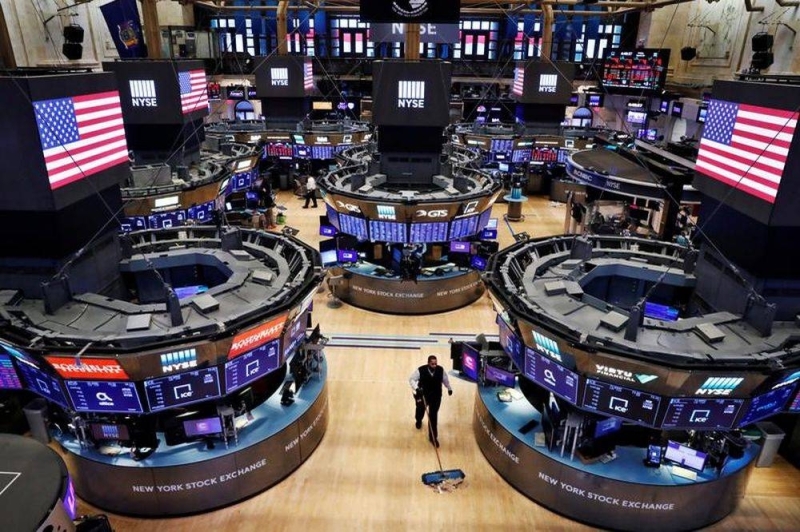US Job Growth Surged in January as Unemployment Fell to a 54-Year Low
Jobs growth surged in the US in January, defying fears that the economy is heading for a downturn. Employers added 517,000 jobs last month, the Labor Department said.
That was far more than expected, pushing the unemployment rate down to 3.4% – the lowest rate since 1969.
Analysts are struggling to figure out what is happening in the world’s largest economy, which is being buffeted by a mix of higher borrowing costs and rising prices.
Many forecasters have warned that the odds of a recession this year are unusually high, pointing to data which has indicated a recent pullback in consumer spending, declines in manufacturing and a sharp slowdown in home sales.
A recent survey by research company Morning Consult suggested nearly half of the public thinks the economy has already fallen into recession, or a period of decline.
Despite this, the labour market has remained strong – though the gains in January shocked even those economists who have argued against the gloomy predictions.
“This is a breathtaking number,” economist Justin Wolfers, a professor at the University of Michigan, wrote on Twitter following the report.
Dante DeAntonio, director at Moody’s Analytics, cautioned against reading too much into a single month of data.
His firm still expects employment growth to slow “dramatically” in the months ahead, and warned that the probability of a recession remained “uncomfortably high”.
But US President Joe Biden, whose approval ratings dropped last year as prices surged – with Republicans blaming his spending plans – said the report showed his critics were wrong in their grim interpretations of the economy.
“For the past two years we’ve heard a chorus of critics write off my economic plan,” he said. “Today’s data makes crystal clear what I’ve always known in my gut – these critics and cynics are wrong.”
The hiring in January was widespread, led by bars and restaurants, which are continuing to recover from job losses sparked by the pandemic.
The car manufacturing and tech industries were among the few parts of the economy to report job losses.
Those sectors are sensitive to borrowing costs, which shot up last year, as the US central bank took steps to stabilise consumer prices.
By raising interest rates, the Federal Reserve is aiming to cool demand, easing the pressures pushing up prices.
However, the increase in rates, coming at a time when price increases have started to ease, has raised fears that officials will tip the economy into a painful contraction, bringing economic activity to an abrupt slowdown that leads to firms to cutting jobs.
The head of the Federal Reserve, Jerome Powell, said this week he was hopeful the US central bank can avoid that scenario.
But he warned that the Fed was focused on curbing inflation and remained worried that the job market was too strong to allow price growth to stabilise around the bank’s 2% target.
Friday’s report showed wages rose 4.4% over the 12 months to January.
Pay increases did not keep pace with price inflation last year and have shown signs of cooling in recent months.
“It’s difficult to see how wage pressures can possibly soften sufficiently when jobs growth is as strong as this and it’s even more difficult to see the Fed stop raising rates and entertain ideas of rate cuts when there is such explosive economic news coming in,” said Seema Shah, chief global strategist at Principal Asset Management.
“The market is going to go through a rollercoaster ride as it tries to decide if this is good or bad news. For now, though, looks like the US economy is doing absolutely fine.”
Source; BBCB


